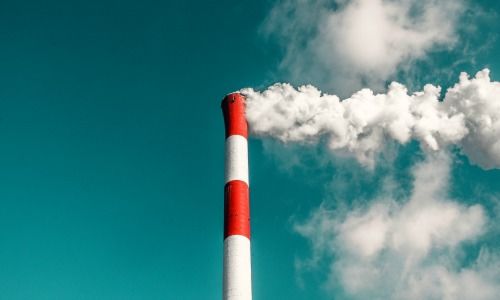Environment Risks Top Davos Agenda
As billionaires, bankers and politicians descend on Davos for the World Economic Forum's Annual Meeting, the WEF community is now viewing environmental risks as more pressing than others such as economic and geopolitical risks.
«Climate change is the stand-out long-term risk the world faces,» the World Economic Forum said in its Global Risks Report 2020, released this week, ahead of its annual meeting in Davos from 21-24 January, themed «Stakeholders for a Cohesive and Sustainable World.»
In its long-term risk outlook, the report identifies climate action failure as the number one risk by impact and number two by likelihood in the next 10 years. For the first time since the report was launched in 2006, issues related to global warming – extreme weather, biodiversity loss, climate action failure, natural disasters and human-made environmental disasters – occupied the top five risks in terms of likelihood over the coming decade, ahead of societal, geopolitical, technological and economic concerns.
Published in conjunction with Marsh & McLennan and Zurich Insurance Group, the report gathered the views of 1,047 business, government, civil society and thought leaders on global risks. The report also noted digital risks, driven by geopolitical and economic uncertainties: unequal access, a lack of governance, and more frequent and more damaging cyberattacks. It urges governments and organizations to address the impact of specific threats and make preparations to contain the potential fallout.
BlackRock's Sustainability Move
Earlier this week, BlackRock founder and CEO Larry Fink said in his annual letter to CEOs that the firm, which manages nearly $7 trillion in assets as of Q3 2019, would refocus its investments and place environmental, social, and governance (ESG) concerns on par with financial returns.
«Awareness is rapidly changing, and I believe we are on the edge of a fundamental reshaping of finance. The evidence on climate risk is compelling investors to reassess core assumptions about modern finance,» Fink said in the letter.
A separate annnual letter to clients, Fink announced a number of initiatives BlackRock is adopting to place sustainability at the core of its investment approach, including removing stocks and bonds of companies that get more than 25 percent of their revenue from thermal coal production from its actively managed portfolios, and creating ESG versions of its most popular models for portfolio allocations.



























